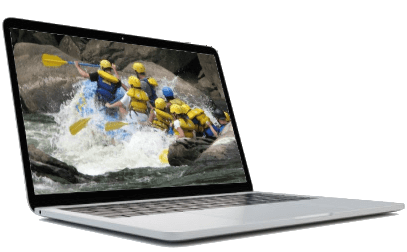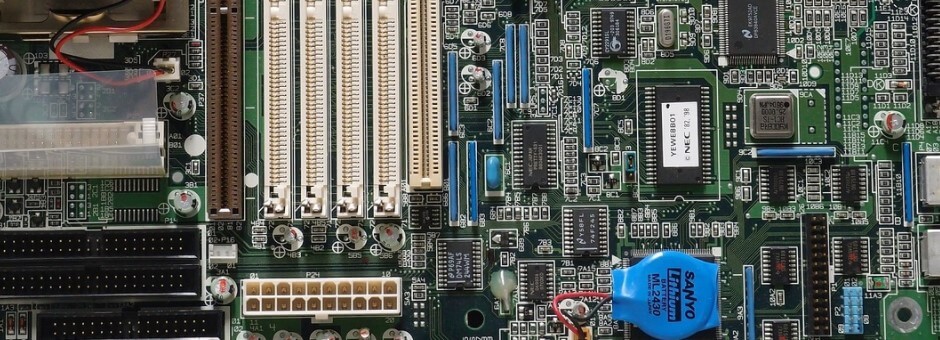
Whether you consider it a good or a bad thing, there's no denying that the computer has become an integral part of our everyday lives. There's very little they can't be used for. Ask many a mobile phone user and you'll be told they wouldn't be able to function without one. In some form of fashion they are used by a huge number of people and the sports industry has not been left out. Playing sports is obviously a physical activity and there's very little a computer can do to change this or make it any easier. But they can be used in a variety of ways in order to help with a sportspersons success.
How computers can be used in sport
- Storing statistical data – In the world of sports, statistics are important. Everyone taking part, those watching as well as sports agents need to know exactly how well they are or have been performing at any moment in time. Computers are used in sport to collect and keep track of such data. With the help of a computer a team manager is able to create a spreadsheet database where he'll be able to store all the stats for the team. If such records are kept throughout the season he will be able to use it to help him decide which players to keep and those that are expendable. Media outlets are also able to use the same kind of data when writing and publishing in-depth stories relating to the performance of certain players or teams.
- Watching and storing video – athletes make good use of videos, both of their own and others performances. It's critical for studying others reactions, style and a number of other things. A boxer, for example, will use videos to review an opponents fights and learn his weaknesses, in order to exploit them. When it comes to football, a team coach can watch a game tape and look at how his offense could improve their passing attack. Thanks to the computer, huge amounts of video footage can be stored and accessed with the click of a button. Easy access to information is one of the biggest benefits to using computers.
- Sports media – computers are used everyday by sports media outlets. Sports writers are able to do their research using a computer and editors are able to make use of different applications to create different effects. Many of the large sports media outlets have developed improved technology for the benefit of followers. One such development has been the ESPN Axis field view. This is a program that rotates the field of view for different perceptions of the actions.
- Developing equipment – thanks to computers there have been huge improvements in safety. Over the years there have been a number of news stories relating to player safety. How many of you can remember the studies that were made regarding concussions on hockey and football players. To deal with this issue equipment developers made use of computers to help them design safer equipment. A new football helmet was designed by Riddell during the NFL 2010 season, using a number of technological programs. These programs helped design a helmet able to adsorb impacts and limits head and neck damage.
- Training and health – the sports industry also uses computers for the training, nutrition and health of the athletes. By putting an athletes height, weight and other body measurements into a computer it's possible to get a program that will help trainers to get a competitive advantage.
- Sports video games – over a number of years the popularity of sports video games has increased. Thanks to computers, players can now enjoy a very realistic experience.
- Eliminating human error – tennis is the best example of this way of using computers. Hawk-Eye technology is used to minimize the human error in making vital decisions. It is able to do this by tracing the path or trajectory of a moving object. In this case, the tennis ball.
- Scouting – nearly all professional teams make use of computers when it comes to scouting players. Technology was developed at the beginning of the 21st century that allows scouts to input information easily and quickly, and help them make speedy decisions.
